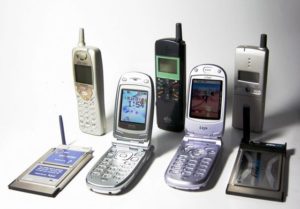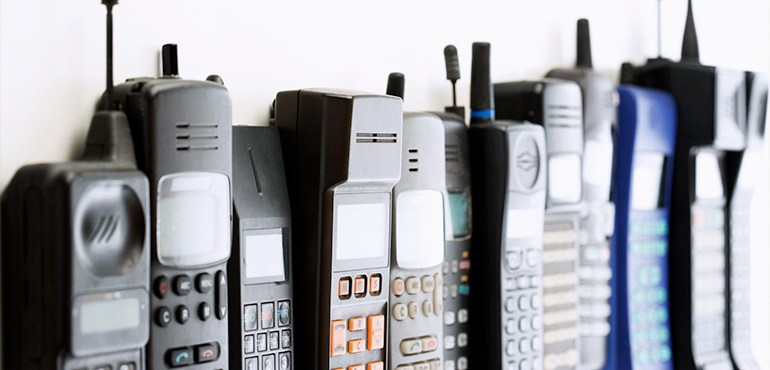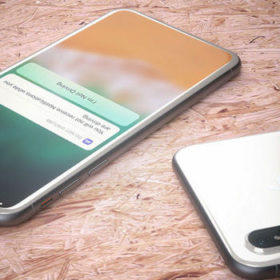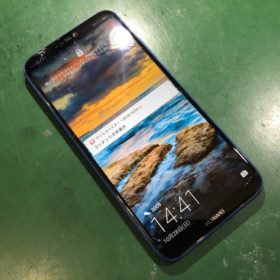The global mobile internet was born 18 years ago today when NTT Docomo announced the start of i-Mode at a press conference in Tokyo
On February 22, 1999, Mari Matsunaga, Takeshi Natsuno, and Keiichi Enoki announced the start of the world’s first successful mobile internet service to a small number of people who made it to NTT Docomo’s press conference in Tokyo.
For many years, Japan was the global hotspot for mobile internet, mobile broadband, fixed net broadband (FTTH), there is a very long list of inventions, innovation, new services and products which were successfully brought to market in Japan, and in some cases it took 10 years or longer for these same services to succeed elsewhere in the world.
Examples of services and products which saw their invention, or first successful global mass market introduction in Japan include:
- first successful mobile internet services (i-Mode, EZweb, and JSky)
- first camera phone
- first wallet phone
- first mobile payment services
- eMoji
- QR codes and QR codes for mobile phones, QR codes for mobile payment, and 100s of other applications (today booming in China)
- 3G mobile broadband services
- packet switched mobile networks (wireless internet for mobile data services)
- eMoney, and eMoney for mobile phones
- and many many more

Inventing the mobile internet vs capturing global value
Undoubtedly the biggest success story emerging from Japan’s pioneering mobile internet days is SoftBank. After Vodafone acquired a controlling stake in Japan Telecom, it took Vodafone at least one year to realize that instead of a far east backwater waiting for Vodafone, Japan’s mobile market was actually years ahead of Europe at that time. By the time Vodafone realized that instead of sailing into an easy market, they had actually entered the world’s most ferociously competitive market, it was too late, Vodafone sold its Japan operations to SoftBank, which turned out the failing Vodafone-Japan within a few months of intense efforts. SoftBank’s acquisition of Vodafone-Japan and the successful turn-round became the basis for SoftBank to implement Masayoshi Son’s plan to create one of the world’s most important companies.
Other Japanese success stories resulting from pioneering the mobile internet
Japan has created one of the most vibrant smartphone game ecosystems, with a large number of smartphone game companies growing, many listed on the Tokyo Stock Exchange.
Beyond games, Japan has created a vibrant sector of internet and mobile ventures, founded in the wave of Japan’s mobile internet and FTTH broadband adoption. However, because of Japan’s well known Galapagos syndrome, few have made it into global success stories yet. However, it’s not too late.
eMoji made it into MoMa.
QR codes are all over China, however not monetized by Denso Wave, the Toyota family company which invented QR codes for automotive parts management.








